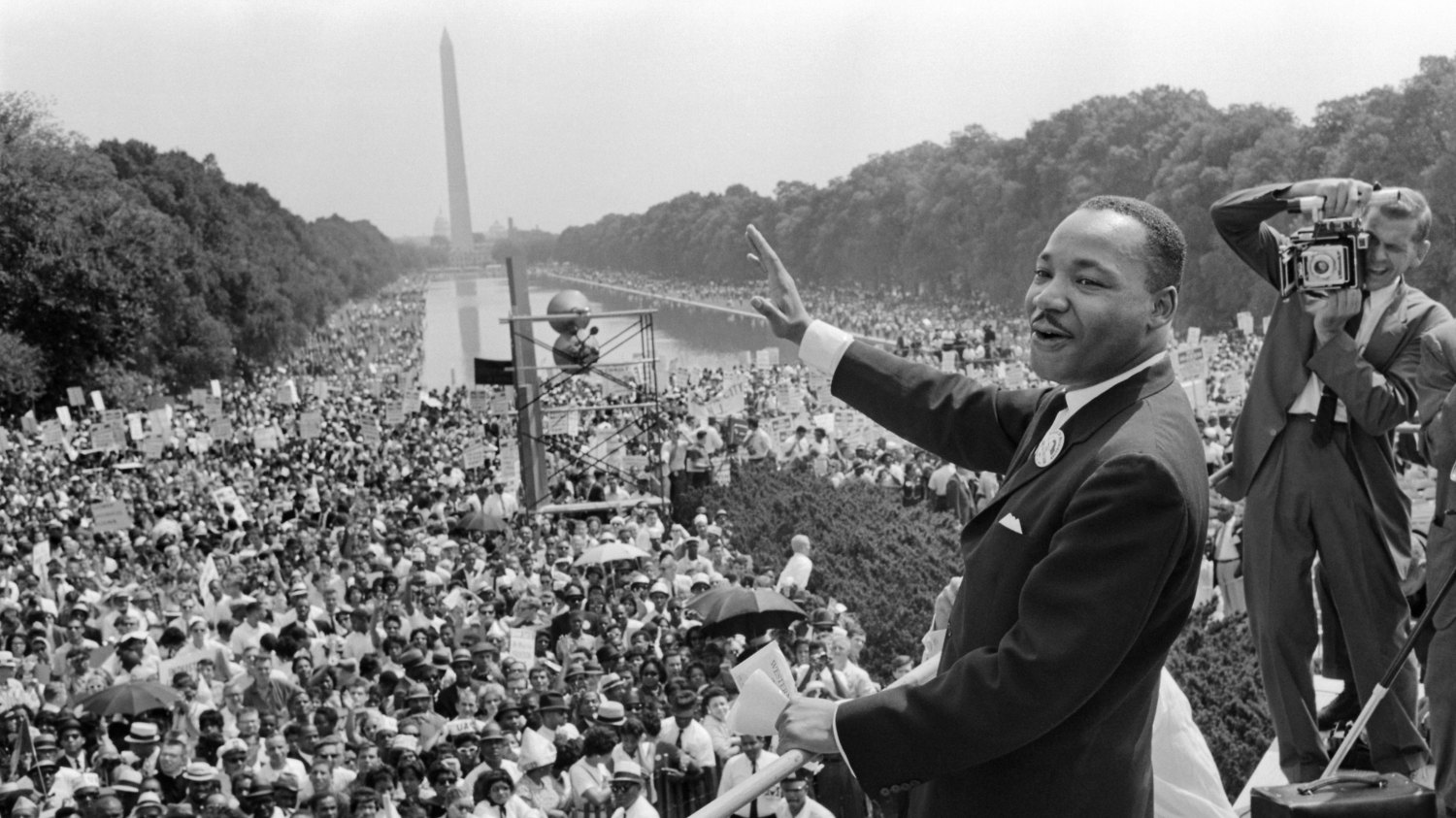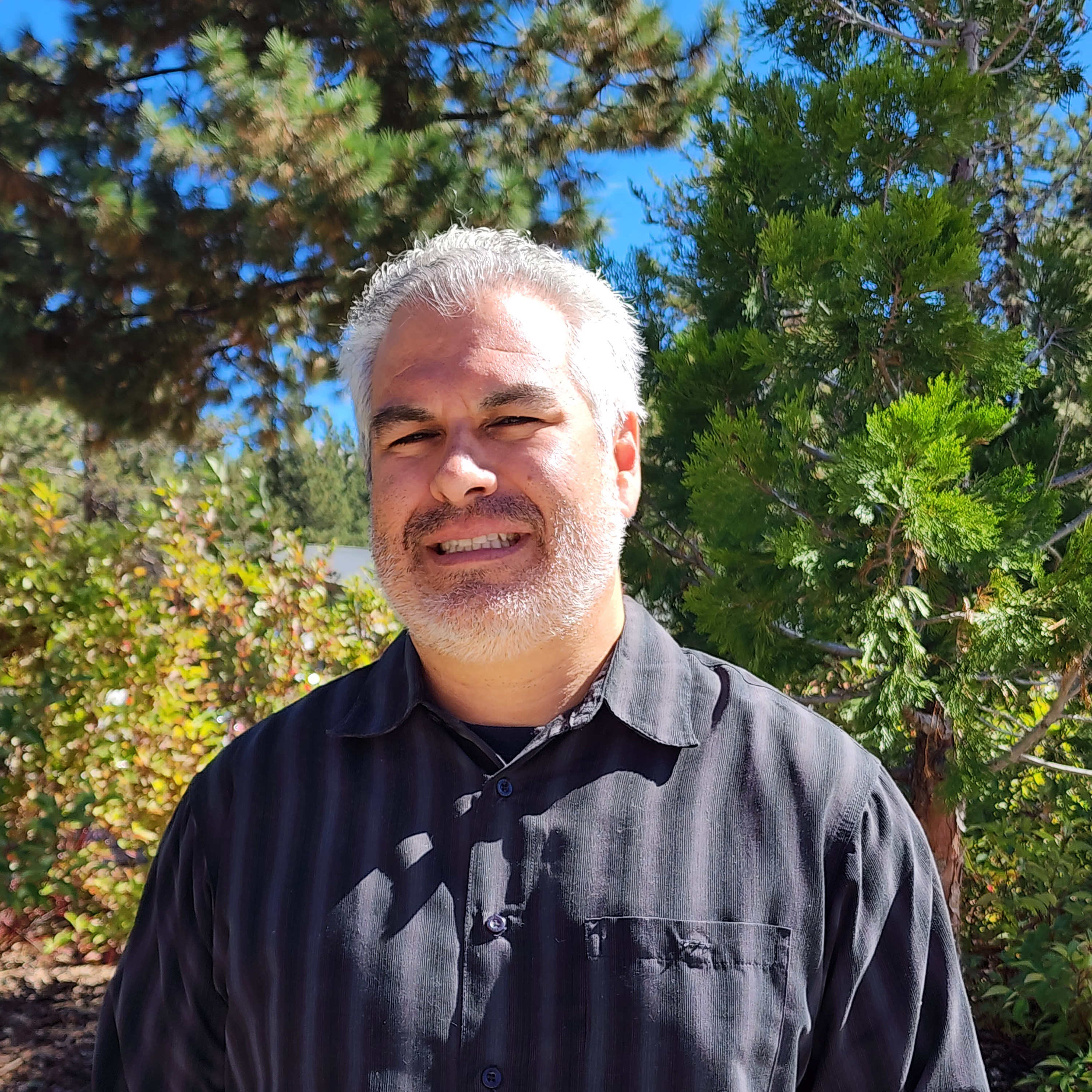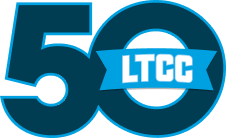HISTORY

![]() The History program at Lake Tahoe Community College helps students improve their reading
comprehension and analytical thinking and writing skills. Studying History also helps
to foster a deeper understanding of the human condition in all its complexity. History
is more than just a chronological list of events cohesively linked together in a palatable
narrative. It is often layered and confounding because humans are complicated beings
engaged in a perpetual struggle for power and control over the world around us. We
cooperate and compete. We build and destroy. We incorporate and alienate. Our narrative
is composed of consistency and contradiction, awareness and ignorance, fairness and
injustice – and we have a responsibility to address this.
The History program at Lake Tahoe Community College helps students improve their reading
comprehension and analytical thinking and writing skills. Studying History also helps
to foster a deeper understanding of the human condition in all its complexity. History
is more than just a chronological list of events cohesively linked together in a palatable
narrative. It is often layered and confounding because humans are complicated beings
engaged in a perpetual struggle for power and control over the world around us. We
cooperate and compete. We build and destroy. We incorporate and alienate. Our narrative
is composed of consistency and contradiction, awareness and ignorance, fairness and
injustice – and we have a responsibility to address this.
Students interested in studying History at LTCC can earn an AA degree in Social Science, which requires coursework in History, Psychology, and Political Science. You'll also be exposed to classes in Sociology, Anthropology, Business, Criminal Justice, and more, providing a well-rounded education.
To assist our History students with college expenses, the department has adopted some Open Educational Resource textbooks for courses such as U.S. History (HIS 111, 112, and 113) and History of World Civilizations (HIS 127A). These titles have been authored by credentialed professionals in the field. We believe that the integrity of the instruction we offer is vital and that includes the materials we use in the classroom. We adopt books and class materials that save our students money whenever possible. Sometimes that means an OER title and other times an earlier, less expensive, edition of a textbook title is acceptable.

28-30 units distributed as follows:
PSY 101 General Psychology Note: Changing to PSYCC1000 - Introduction to Psychology, in Fall 2025. Learn more.
PSY 102/ECE 102 Child and Adolescent Growth and Development
PSY 103 Adult Development
PSY 102/ECE 102 Child and Adolescent Growth and Development (4)
PSY 103 Adult Development (4)
There are a number of student scholarships that you can apply for each spring. Scholarships make it possible to earn money for college that does not ever need to be repaid. While some of LTCC's scholarships are competitive, there is a wide variety available you can apply for for free that are awarded based on all kinds of qualities and interests.
What might a student of history do for a career? There’s always teaching at the secondary or college level. However, if a person is not interested in that path, they might enjoy working in a museum, for a historical society, or a public records archive. Others might consider going to law school to become an attorney, or attend graduate school to become a librarian. Moreover, the skills you learn from taking history courses would be very useful in the non-profit sector because research and writing are central to many positions with nongovernmental organizations. Your career could involve advocacy work on reproductive health, the environment, animal protection, or civil liberties. Check out the U.S. Department of Labor's Occupational Outlook Handbook’s page on History, where you can learn more about the current and future job market.
Have a question? Contact the Instruction Office!
 Fabian CarballoHistory/Political Science Instructoremail
Fabian CarballoHistory/Political Science Instructoremail
